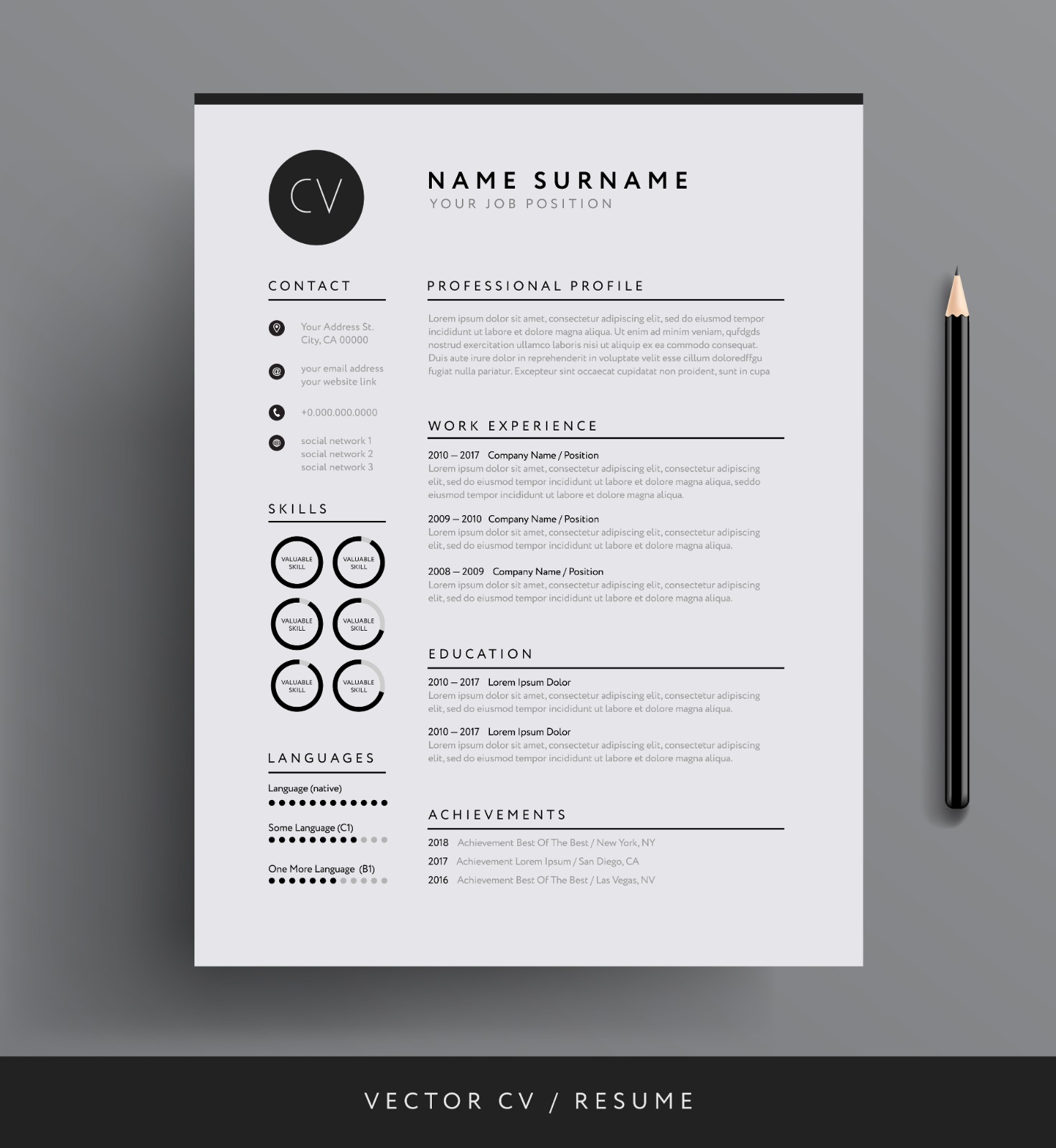
Writing an effective CV
Your curriculum vitae (CV) is your personal marketing tool, designed to captivate employers and open doors to exciting career opportunities. While the content of your CV is crucial, it’s equally important to pay attention to its structure. A well-organized CV not only enhances readability but also showcases your professionalism and attention to detail. In this blog post, we will explore the importance of structure in CV writing and how it can significantly impact your chances of success.
- Creating a Strong First Impression: The structure of your CV plays a vital role in creating a strong first impression. Recruiters and hiring managers often spend mere seconds scanning each CV, so it’s crucial to make yours visually appealing and easy to navigate. An organized layout with clear headings, subheadings, and bullet points helps to grab attention and guide the reader through your qualifications and experiences.
- Enhancing Readability: A well-structured CV ensures that your information is presented in a logical and coherent manner, making it easy for employers to extract the most relevant details. Utilize sections such as “Personal Information,” “Professional Summary,” “Education,” “Work Experience,” “Skills,” and “Achievements” to provide a clear roadmap of your background and capabilities. Use consistent formatting, font styles, and bullet points to enhance readability and maintain a professional appearance.
- Highlighting Key Information: Structured CVs allow you to highlight key information that aligns with the job requirements. By organizing your experiences, skills, and achievements into clearly defined sections, you can ensure that the most important details stand out. Tailor your CV to each specific role, emphasizing relevant accomplishments and qualifications that demonstrate your suitability for the position. A structured approach enables employers to quickly identify the information they are looking for, increasing your chances of progressing to the interview stage.
- Showcasing Career Progression: A well-structured CV enables you to present your career progression in a clear and chronological order. Start with your most recent or current position, and work backward in a logical manner. This format allows employers to understand your professional growth and the development of your skills and expertise over time. Structure your work experience section by including job titles, company names, dates of employment, and concise descriptions of your responsibilities and achievements in each role.
- Managing Length and Focus: Structure is crucial in managing the length and focus of your CV. A concise and targeted CV is more likely to make an impact than a lengthy document that includes irrelevant details. A well-structured CV enables you to prioritize and showcase the most relevant information while keeping it within a reasonable length. By organizing your CV effectively, you can ensure that the content remains focused and impactful, highlighting your qualifications and experiences that align with the job requirements.
